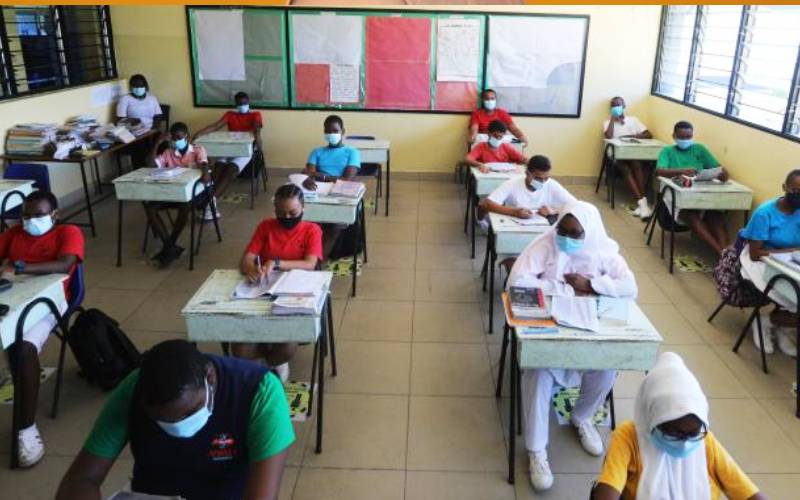×
The Standard e-Paper
Fearless, Trusted News

Public schools in Mombasa could be staring at a crisis if pupils from private schools that have gone out of business, all seek admission.
Education officials yesterday said the 139 public primary and secondary schools in the county have limited capacity especially with Covid-19 restrictions.